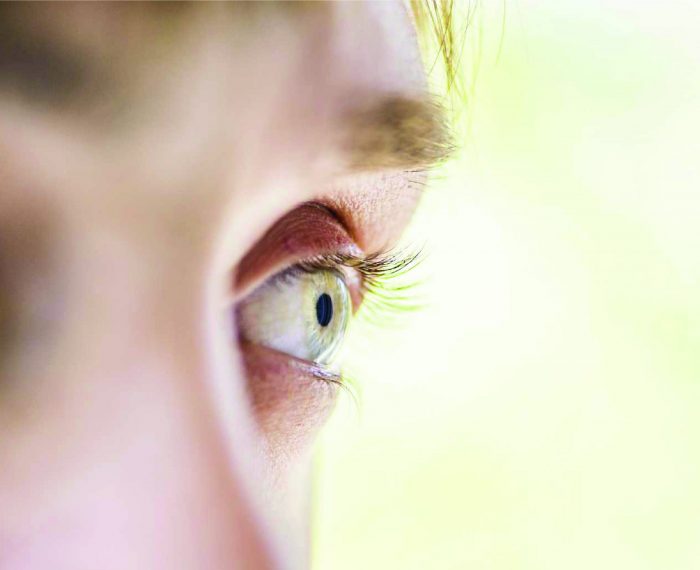
Retinal Disease
Retinal Disease – Diabetic Retinopathy
The retina is the inner most layer of the eye and is the imaging centre.
Located at the back where the optic nerve is, the retina is responsible for turning light into nerve signals from the back wall of the eye to the area of the brain responsible for sight.
Conditions that can affect your retina (e.g. ageing, chronic diseases like diabetes and trauma to the eye) may lead to vision loss.
THONEH’s Consultant Ophthalmologists are well experienced in treating various retinal conditions to prevent vision loss. They are experts in their field using the latest technologies and best practices for diagnosis and management of these conditions.
DIABETIC RETINOPATHY
What is diabetic retinopathy?
Diabetic retinopathy occurs when the blood vessels in the retina are damaged due to long-standing or uncontrolled diabetes.
- This causes a leak of fluid and lipids from the blood vessels onto the macula.
- In other cases, new and fragile blood vessels grow along the retina.
- Without timely treatment, these new blood vessels can bleed, clouding vision and damaging the retina.
- Scarring or detachment of the retina may occur causing leakages.
What are the symptoms and signs of diabetic retinopathy?
Unfortunately there are no signs or symptoms in the early stages of diabetic retinopathy.
As the damage to the retina progresses, symptoms that may be experienced are:
- Blurring of vision
- Difficulty reading
- Sudden loss of vision in one eye
- Floaters and flashes of light
- Seeing “halos” around light sources
How is diabetic retinopathy treated?
Management of diabetes is crucial to prevent further loss of sight due to diabetic retinopathy.
Additionally, the following procedures can be carried out to repair the damage caused by the condition:
Intravitreal Anti-VEGF injections are given to patients …
- Laser treatment is used to either seal leaking blood vessels or prevent new blood vessels from growing
- Surgery is done in advanced cases to stop the bleeding and to remove the blood clots and fibrous tissue
If you have diabetes you should visit your ophthalmologist regularly to ensure that your retina is healthy.


